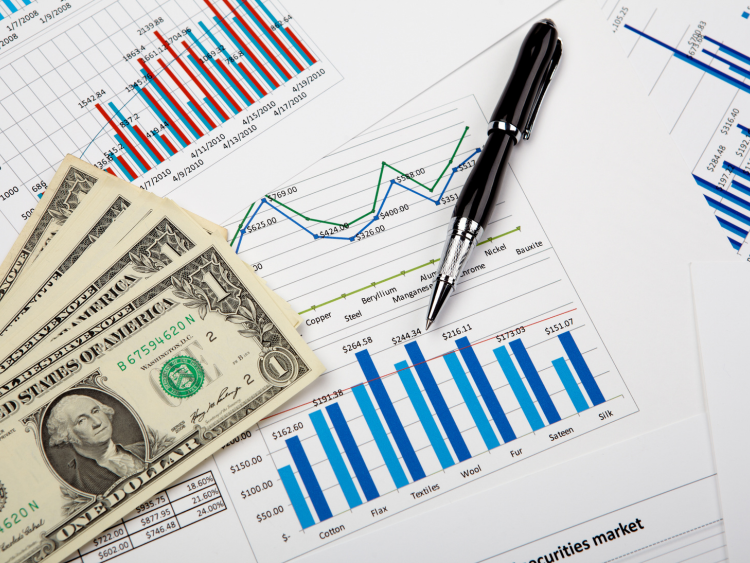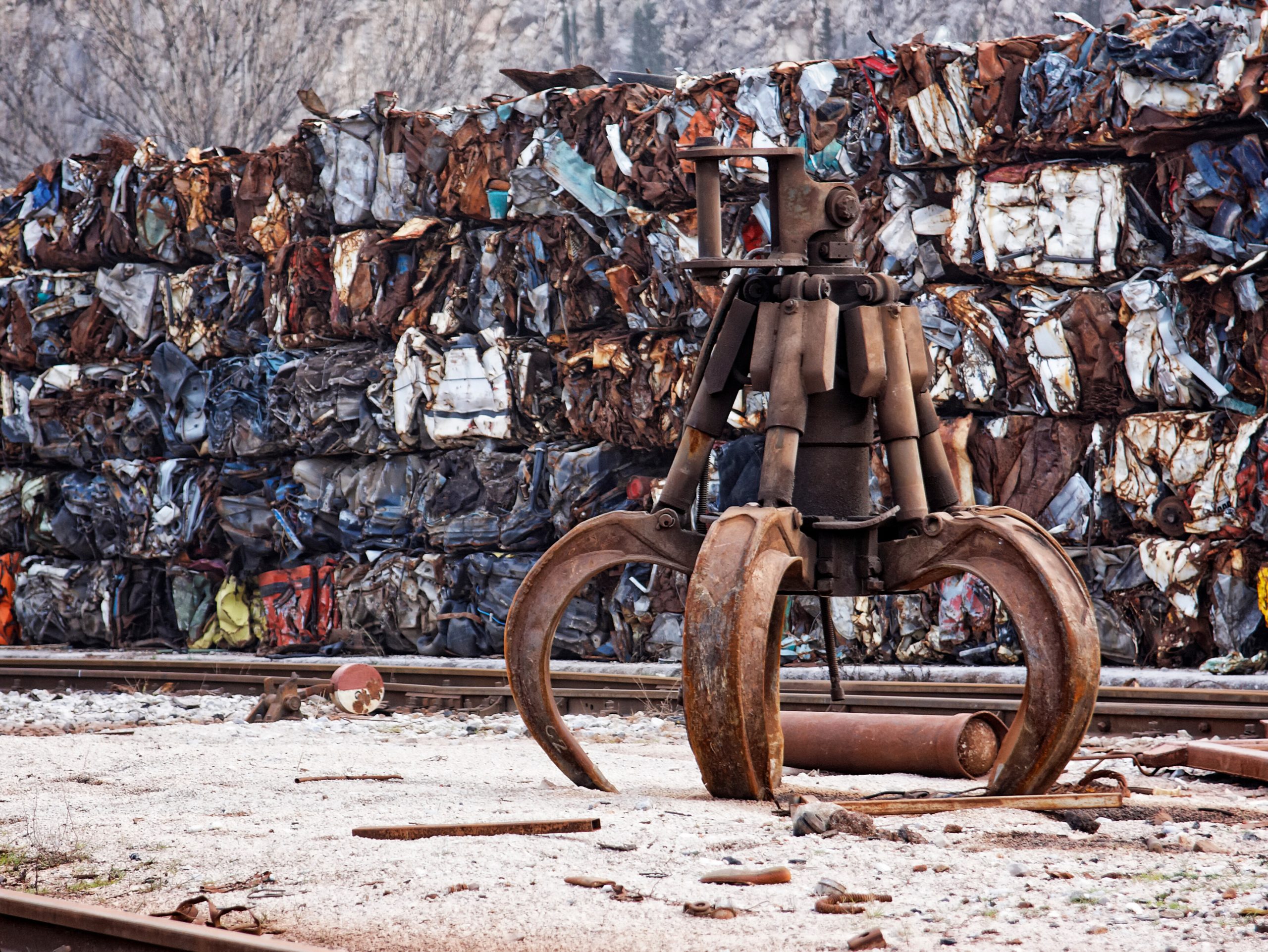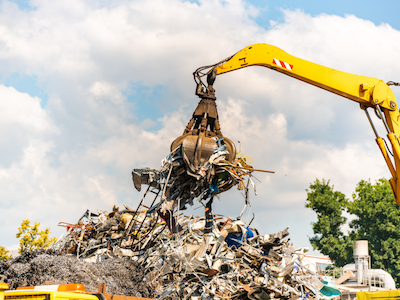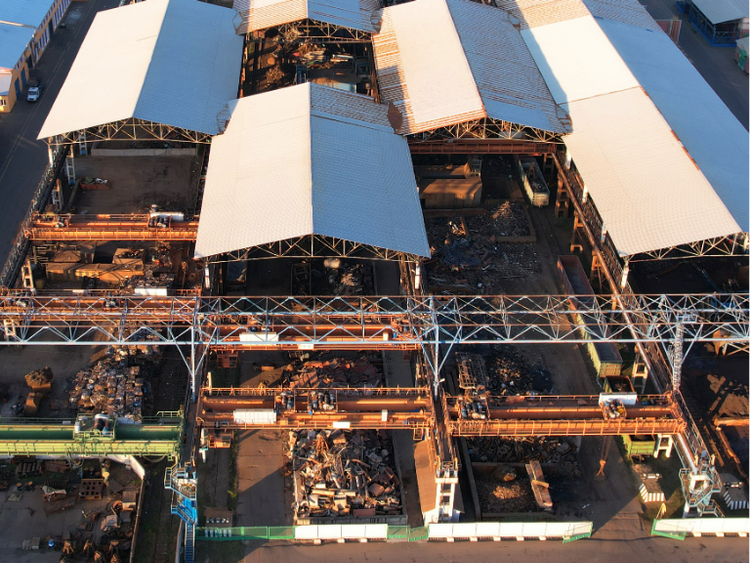Market

October 8, 2024
The future of recycled aluminum: U.S. securing metals and the auto industry’s shift
Written by Gabriella Vagnini
With the world watching as its neighbors are deflationary in the middle of the global metals markets, America is quietly gaining possession of key resources. This isn’t about electricity; now the grid is about data, and the Department of Defense (DOD) and the Department of Energy (DOE) are part of the solution. From power upgrades to chip foundries, aluminum, new and used, will be at the heart of it all.
Recycled aluminum and the automotive revolution
In the automotive industry, things are accelerating. Production remains weak in North America, where automakers struggle with growing inventories. Vehicles discounts are growing in order to create demand. The Mexican situation, though, is a whole other issue. Domestic sales are flying and there were 28 consecutive years of YOY increases in Mexico. Yet Germany has something else to say: the volume overseas is growing, but the demand for EVs is down by almost 70%. Across the world, expectations have been lowered and the industry is trying to understand how to keep up with shifting demand.
Despite all this, the demand for aluminum, and especially recycled aluminum, will grow. The transition to hybrids and EVs puts even more aluminum into the supply chain, and automakers are starting to see recycled aluminum as not only sustainable, but also economical. And as U.S. automakers are increasingly manufacturing more EVs, they rely on recycled aluminum to meet their green initiatives and ultimately keep costs low.
Global Future: Recycled aluminum’s possibility expands
In the global future of aluminum and recycled metals, the landscape is changing. Recycled metals subsidies are back supporting domestic demand, and trade-ins are upping the ante. This is going to push pre-buying before program end 2024. As the recycled metals market continues to expand, it’s becoming even more vital to offset the new aluminum production. And with tighter supply chains, more sustainable operations and more, recycled aluminum isn’t a possible alternative resource, it’s now at the heart of the metals economy. Authorities around the world are realizing the importance of protecting recycled metals.
Local sourcing and an emphasis on recycled metals as a national metals strategy has made headlines in the U.S. recently. And sustainability advocacy is even more extreme in Europe, with talks of expanding the Carbon Border Adjustment Mechanism (CBAM) to include more goods. CBAM is the EU’s version of tariffs and was initially created to help fight climate change. It will only serve to drive up recycled metals demand as companies scramble to conform to a tightening regulatory schedule. Recycled aluminum is not merely an option, it’s the key to future growth and remaining competitive in an ever more sustainable and decarbonized world.






